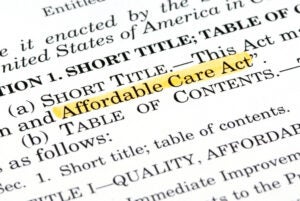Stakeholder Perspectives on CMS’s 2025 Notice of Benefit and Payment Parameters: Health Insurers and Brokers

The Biden administration will soon finalize its annual rulemaking for the Affordable Care Act Marketplaces. To better understand the impact of the proposed changes, CHIR reviewed the public comments submitted by key stakeholder groups. In this first in a 3-part blog series, CHIR expert Sabrina Corlette reviews the feedback provided by health insurance companies and web-brokers.






